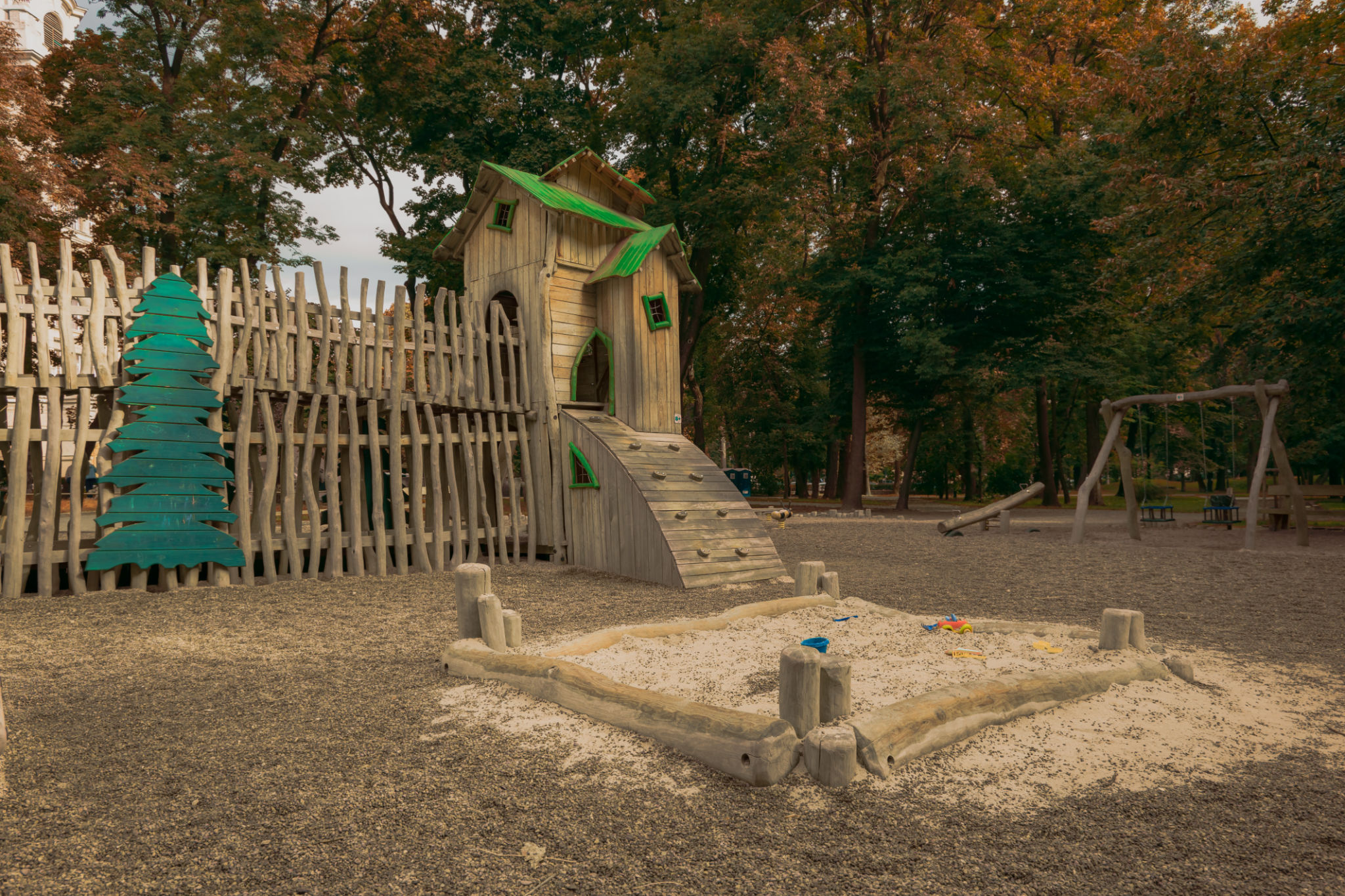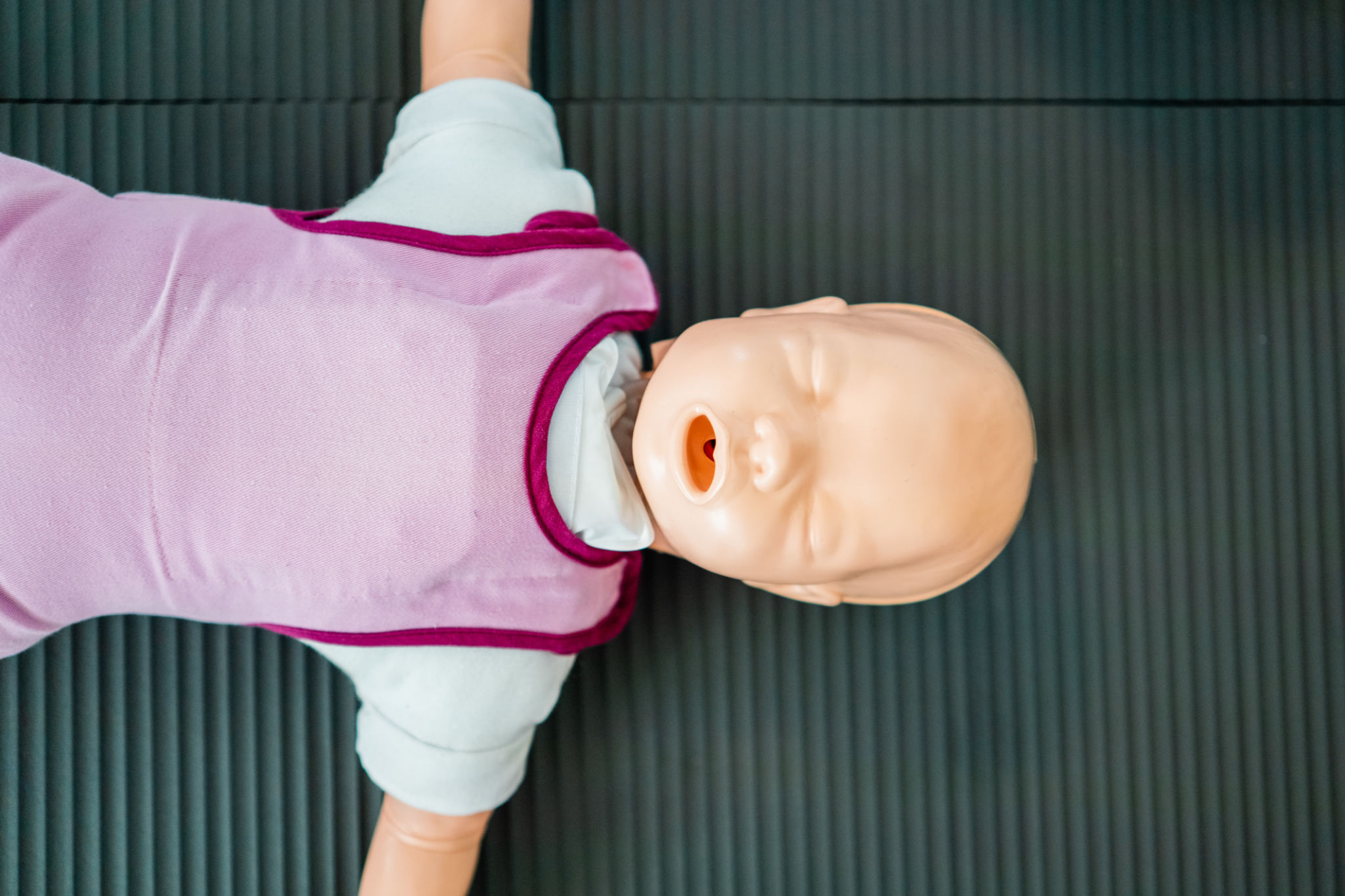Understanding California's Daycare Regulations
IM
Introduction to Daycare Regulations in California
California is known for having some of the most comprehensive daycare regulations in the United States. Understanding these regulations is crucial for parents seeking childcare and for those looking to establish a daycare business. The state's guidelines are designed to ensure the safety and well-being of children in care facilities.
Daycare providers must adhere to a specific set of rules that cover various aspects such as staff qualifications, health and safety standards, and operational requirements. These regulations are enforced by the California Department of Social Services (CDSS), which conducts regular inspections to ensure compliance.

Licensing Requirements
One of the foremost requirements for operating a daycare center in California is obtaining a proper license. The CDSS mandates that all daycare providers obtain a license before starting their operations. The process involves submitting an application, passing a background check, and undergoing a pre-licensing inspection.
There are two main types of daycare licenses in California: family child care homes and child care centers. Family child care homes are typically operated in the provider's residence, while child care centers are standalone facilities designed specifically for childcare purposes.
Staff Qualifications and Ratios
The state of California has strict requirements for the qualifications of daycare staff. Providers must ensure that all employees meet the minimum educational and training criteria set by the CDSS. This includes having CPR and first-aid certifications and completing specific early childhood education units.

In addition, there are mandated staff-to-child ratios that vary depending on the age group being cared for. For instance, infants require a higher ratio of caregivers to children compared to older children. These ratios are crucial for maintaining adequate supervision and ensuring the safety of all children.
Health and Safety Standards
Health and safety are paramount in daycare settings. California's regulations stipulate that all daycare facilities must adhere to stringent health standards, including regular sanitation practices, safe food handling procedures, and proper storage of hazardous materials.
Fire safety is also a critical concern, with requirements for smoke detectors, fire extinguishers, and clear evacuation plans. Facilities must conduct regular fire drills and have an emergency preparedness plan in place.

Parental Rights and Communication
California law emphasizes the importance of open communication between daycare providers and parents. Providers are required to inform parents about their policies and procedures, including discipline methods, daily schedules, and meal plans.
Parents have the right to visit the daycare at any time during operating hours, and providers must maintain transparency regarding any incidents or issues that arise. This open line of communication helps build trust and ensures that parents remain informed about their child's care.
Conclusion
Navigating California's daycare regulations can be complex, but it is essential for ensuring high-quality childcare. Whether you are a parent seeking the best care for your child or a provider aiming to comply with state laws, understanding these regulations is key to creating a safe and nurturing environment for children.
By adhering to licensing requirements, maintaining qualified staff, upholding health and safety standards, and fostering parental involvement, daycare providers can offer excellent care while meeting the state's stringent guidelines.
